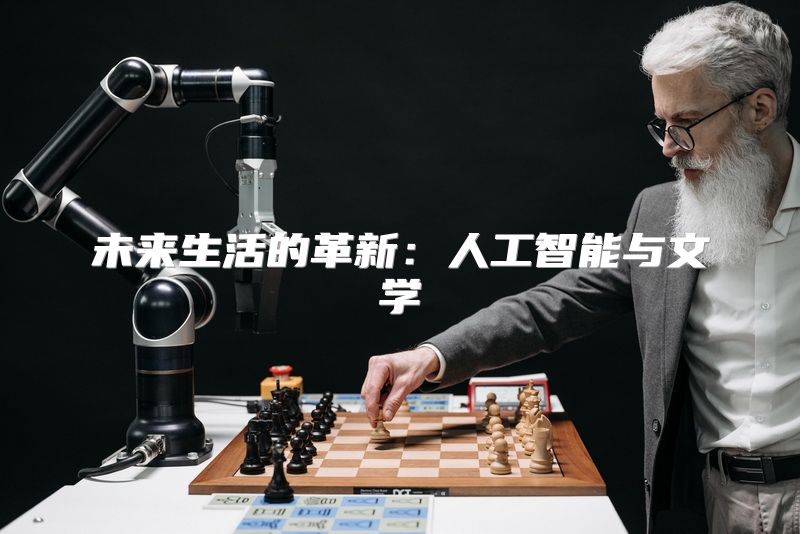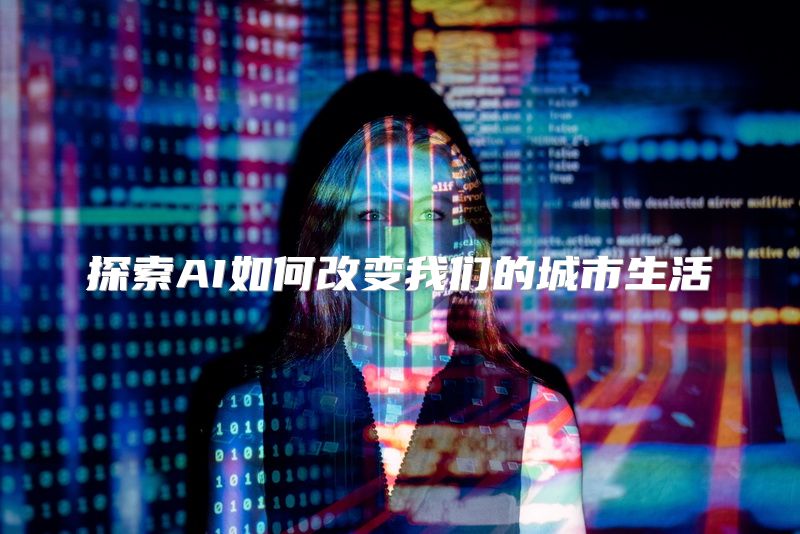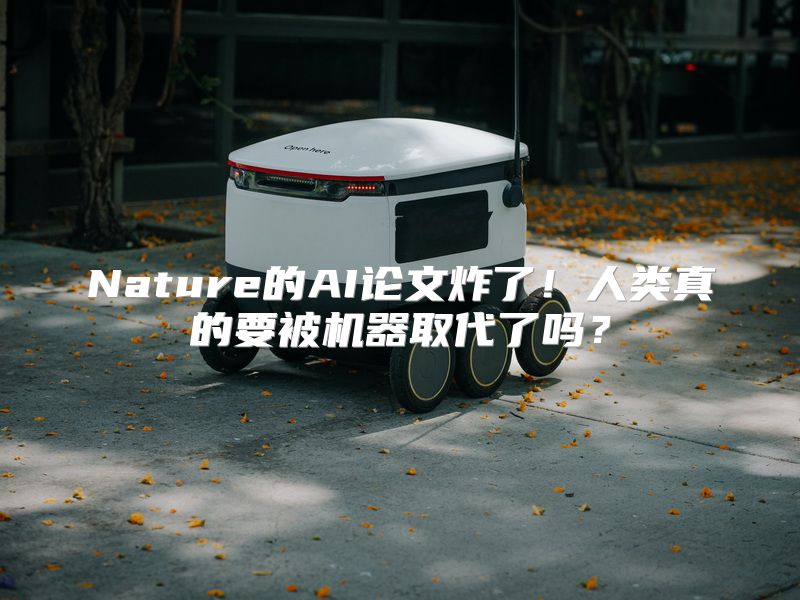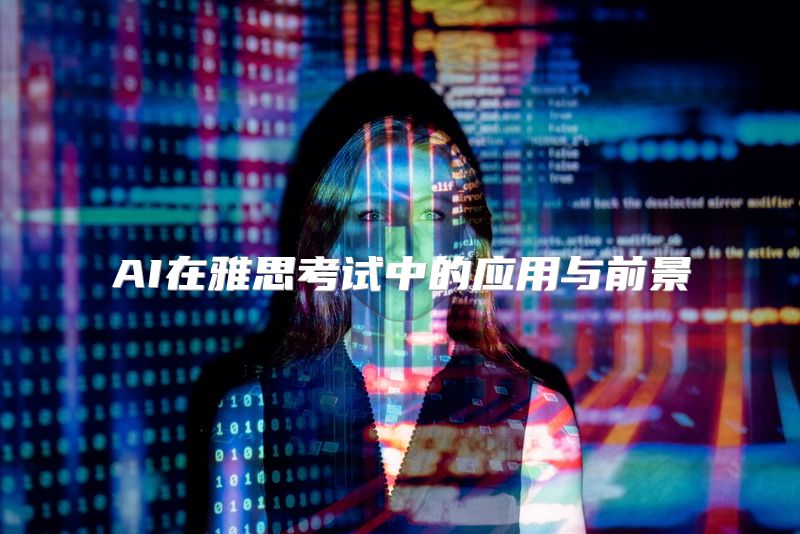未来生活的革新:人工智能与文学
随着科技的发展,人类正经历着前所未有的变化。人工智能(AI)作为一项前沿技术,正在深刻改变我们的世界,不仅在商业领域展现其强大的实力,在文学创作领域也展现出巨大的潜力。

人工智能科技创新作文
自20世纪末以来,人工智能领域经历了翻天覆地的变化。从最初的基于规则的学习到现在的深度学习,再到如今的人工神经网络,每一步都标志着技术的进步。这一领域的创新推动了计算机模拟人类智慧的可能性,使得机器能够理解、分析文本并创作出具有情感色彩的故事。
以深度学习为例,它是一种通过大量数据训练模型来识别模式的技术。这种技术在文学创作中的应用,尤其体现在对人物性格、故事情节以及语言风格的精准把握上。通过对大量小说的阅读和分析,深度学习系统可以快速学会模仿作者的笔触和用词,从而创造出具有独特风格的作品。
人工智能还为文学作品提供了新的表现形式。虚拟现实(VR)、增强现实(AR)等技术的发展,为作家提供了一种全新的创作环境,使他们能够将想象力转化为具体的视觉体验,让读者仿佛置身于故事之中。
关于人工智能的英语作文
在探讨人工智能对文学的影响时,英语尤为关键。这是因为英语是国际通用的语言,它不仅仅承载着文字信息,更蕴含了丰富的文化内涵和思维方式。借助英文写作不仅能更好地展示人工智能在文学方面的优势,还能向全球读者传达我们对于未来的想象和展望。
在一篇英语作文中,我们可以这样开头:“The impact of artificial intelligence on literature is a topic that has been receiving increasing attention in recent years. It is no wonder that the technology behind AI, such as natural language processing (NLP), machine learning, and deep learning, have significantly advanced our understanding of human cognition and creativity.”
我们可以详细阐述人工智能如何在文学创作方面发挥作用:
“On one hand, the use of AI in literary creation allows for more nuanced character development and thematic exploration. By analyzing large amounts of text data, AI systems can learn to recognize patterns in writing styles and narrative structures, enabling writers to create works with greater depth and complexity.
On the other hand, AI also enables new forms of literary expression. For example, virtual reality (VR) and augmented reality (AR) technologies offer authors an immersive creative environment where they can experiment with their imagination, allowing readers to experience stories in vivid detail.
Moreover, the integration of AI into literature not only expands the range of creative possibilities but also opens up new avenues for exploring themes and ideas from different perspectives. For instance, through NLP algorithms, AI can analyze and synthesize various sources of information to provide deeper insights into complex issues."
我们总结指出人工智能在文学创作领域的潜力,并讨论未来可能的发展方向:
"In conclusion, while there are still many challenges ahead, the potential benefits of integrating AI into literature are significant. As technology continues to evolve, it is exciting to think about how AI will shape our future narratives, pushing us to explore new frontiers of creativity and insight."
乘AI风浪,掌人文之舵作文
在现代社会,人工智能已经渗透到了人们生活的各个层面。它不再仅仅是工具,更是引领我们探索未知、挑战自我的一把钥匙。在这个过程中,我们需要学会驾驭这股风浪,让它成为我们掌管人文之舵的力量。
在一篇乘AI风浪,掌人文之舵的作文中,我们可以这样展开论述:
"Artificial intelligence represents the dawn of a new era, where the boundaries between humans and machines blur. This isn't just about automation; it's about harnessing the power of technology to unlock our full potential as creators and thinkers. The integration of AI into literature presents a unique opportunity for both authors and readers alike.
As AI technology improves, we can expect to see more innovative applications that push the boundaries of what storytelling can accomplish. From creating entirely new genres to enhancing existing ones, the possibilities are virtually limitless. However, as with any emerging field, caution is necessary. Ensuring that AI doesn't undermine the craft of traditional literature is crucial."
我们可以展望未来:
"With the right tools and guidance, the potential of AI in literature is truly unlimited. It's time for us to embrace this change and make sure that we're using technology to enhance, rather than replace, the human element at its core."
人工智能影响生活英语作文范文
In today’s digital age, the influence of artificial intelligence (AI) extends far beyond just entertainment. It permeates every aspect of modern life, impacting everything from business to education to personal interactions.
One area where AI shows remarkable potential lies in literature. In particular, the application of AI in generating and improving upon existing literary pieces highlights the transformative power of technology in shaping cultural output. This not only broadens our horizons by providing fresh interpretations of classic texts but also encourages innovation by opening up new avenues for originality and exploration.
For instance, imagine a scenario where a novel is written purely by an AI system without any human intervention. Through sophisticated algorithms trained on vast amounts of historical literature, the AI system would be able to identify recurring motifs and themes present across diverse works. Subsequently, it could generate new content based on those themes, thus offering a fresh perspective on familiar narratives.
Furthermore, AI-driven literary platforms allow users to interact with literary creations directly, giving them unprecedented access to diverse voices and experiences. With each interaction, the platform learns from user feedback to refine its recommendations, ultimately ensuring that the audience receives tailored recommendations based on their individual preferences.
Despite these promising developments, concerns over the role of AI in literature should not overshadow its immense potential. There is a need to ensure that AI is used ethically and responsibly, balancing the benefits of improved accessibility with the preservation of artistic integrity. Moreover, it is essential to maintain the autonomy and authenticity of human creativity, which are integral to the essence of literature.
In summary, AI's impact on literature is a multifaceted one, combining the power of technology with the timeless art form of storytelling. While there are certainly challenges to navigate, the opportunities offered by AI in this domain are vast and exciting, setting the stage for a new chapter in literary history.




